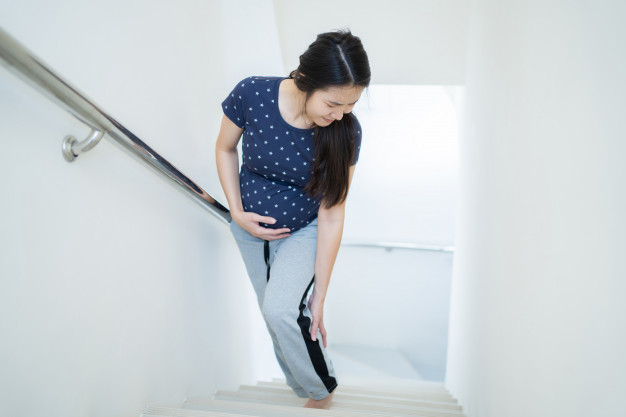Restless Legs Syndrome (RLS) during Pregnancy
Restless Legs Syndrome is common during pregnancy, happens with 1 in 5 pregnancies. Usually it gets worse during the third trimester and improve after delivery.
It is an urge to move the legs when lying in bed or sitting down, and the inability to get comfortable. It could be described also by feeling itchy or achy.
The symptoms also can get worse at night and sleep. RLS is one of the most reason of insomnia during pregnancy.
The causes of RLS during pregnancy are still not well defined but they could be:
1. Iron deficiency
2. Folate deficiency
3. High estrogen level
4. Nerves compression
Risk factors:
1. Preexisting RLS before pregnancy
2. Family history
3. RLS during previous pregnancy
4. Age ≥35 years
5. Low serum ferritin
Treatment:
A. Nonpharmacologic treatments:
1. Physical moderate intensity exercise, check with the doctor first, such as brisk walking and water aerobics. (Read more: Exercise During Pregnancy)
2. Avoiding suspected aggravating factors: irregular sleep, caffeine, nicotine and some medications such as sedating antihistamines, and some drugs used to treat nausea and vomiting.
3. Following a routine so the body recognizes it is bedtime such as taking warm shower (very hot baths, or saunas should be avoided), reading a book, light stretching or avoiding upsetting talks and activities before sleep.
4. Oral iron supplementation:
– Serum ferritin <75 mcg/L: 65 mg tablet, one or two tablets daily.
– Serum ferritin should be checked in 6 – 8 weeks.
– Possible side effects: nausea, constipation, stomach upset, and diarrhea.
5. Intravenous (IV) iron is an option in case of oral iron failure and serum ferritin is <30 mcg/L.
B. Medications:
When the symptoms are not treated with iron supplementation and the other therapies.
1. Low-dose clonazepam: Doses between 0.25 mg and 1 mg.
2. Low-dose carbidopa-levodopa.
3. Low-dose oxycodone.
Treatment of RLS may help reduce depressive and anxiety symptoms. On the other hand, serotonergic antidepressants can worsen RLS.



